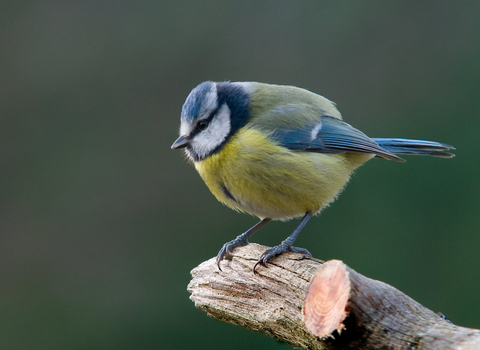
Mint moth on wild marjoram © Leanne Manchester
Mint moth
A small, day-flying moth that can often be seen visiting garden herbs.
Scientific name
Pyrausta aurataWhen to see
Adults fly in two generations - one from April to June, a second from July to September.Species information
Category
Statistics
Wingspan: 15-18mmConservation status
Common
Habitats
About
The mint moth is a day-flying moth, which can be seen on sunny days between April and September (though is sometimes recorded in March and October). As the name suggests, caterpillars of the mint moth feed on plants in the mint family, including spearmint, catmint, marjoram and thyme. Mint moths are a common sight in gardens where these herbs have been planted, as well as in grasslands and wetlands where the foodplants are found.As well as seeing them flying on sunny days, you may spot mint moths resting during the day on the leaves of their foodplants. They also fly at night and are attracted to lights.
How to identify
A small moth that has dark purple forewings with orange markings. The markings can be quite variable, but the most consistent one is a large orange blotch, sometimes with smaller orange spots speckled around it. The hindwings are dark with a short golden band that rarely reaches the edges of the wing.There are two similar, closely related species of moth that can easily be mistaken for the mint moth: the common purple and gold (Pyrausta purpuralis), and the scarce purple and gold (Pyrausta ostrinalis). Both of these have more extensive, yellowish-orange or whitish markings on the forewing, compared to the sparse, deep orange markings of the mint moth.
The day-flying small yellow underwing moth also looks similar, but has more heavily patterned brown and reddish-purple forewings, lacking the orange markings.



